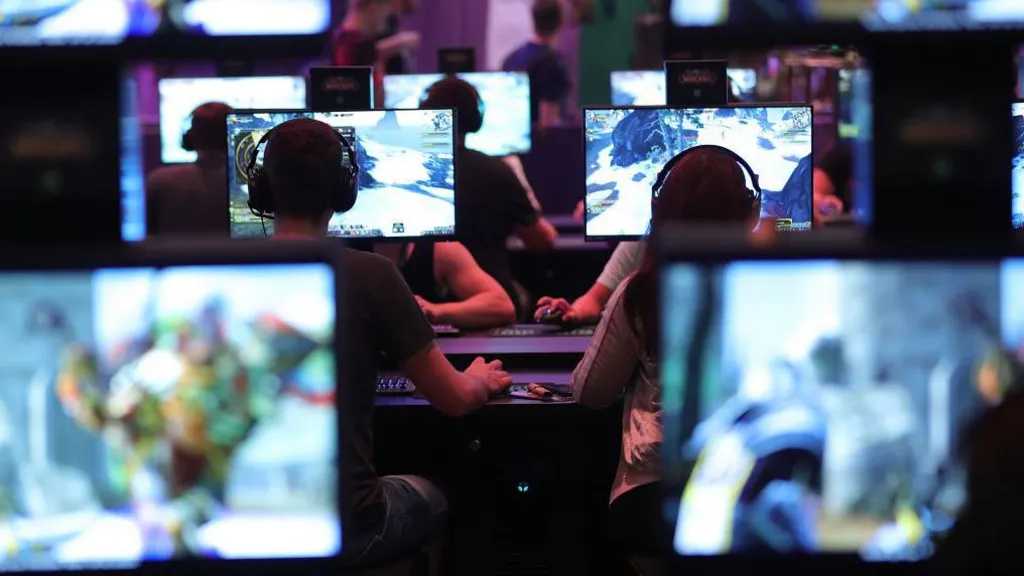Popular games such as World of Warcraft will be back in China this summer, according to the country's video games giant NetEase.
Last year, NetEase and the games' publisher Activision Blizzard ended their 14-year partnership due to disagreement over intellectual property control.
The breakup sparked outcry with millions of Chinese internet users complaining that they would lose access to their favourite games.
All games require a local publisher and licences from the Chinese government to operate there.
The earlier disagreement escalated into an open feud that saw the two companies sue each other.
But the tension eased after Microsoft acquired Activision Blizzard for $69bn (£54bn) in October last year which was the gaming industry's biggest ever deal.
“We are immensely grateful for the passion the Chinese community has shown for Blizzard games throughout the years,” Johanna Faries, president of Blizzard Entertainment, said in a statement.
“We are focused on bringing our universes back to players with excellence and dedication.”
Other games which will return to China include Hearthstone, Warcraft, Overwatch, Diablo and StarCraft franchises.
China is the world's biggest online gaming market, with its domestic revenue rising 13% to 303 billion yuan ($42bn; £33) at the end of last year.
NetEase is the country's second-largest video games company by revenue after Tencent.
Microsoft and NetEase also said that they have agreed to explore bringing new NetEase titles to Microsoft's Xbox gaming consoles and its other gaming platforms.
“Returning Blizzard’s legendary games to players in China while exploring ways to bring more new titles to Xbox demonstrates our commitment to bringing more games to more players around the world,” said Phil Spencer, CEO of Microsoft Gaming.
The lucrative sector has also had frequent run-ins with the authorities.
Beijing first moved against the gaming sector in 2021, ruling that online gamers under the age of 18 would only be allowed to play for an hour on Fridays, weekends and holidays.
Late last year, the authorities announced further restrictions to limit in-game purchases but China seems to have backtracked on strict rules to combat what the regulator deemed “obsessive” gaming.


